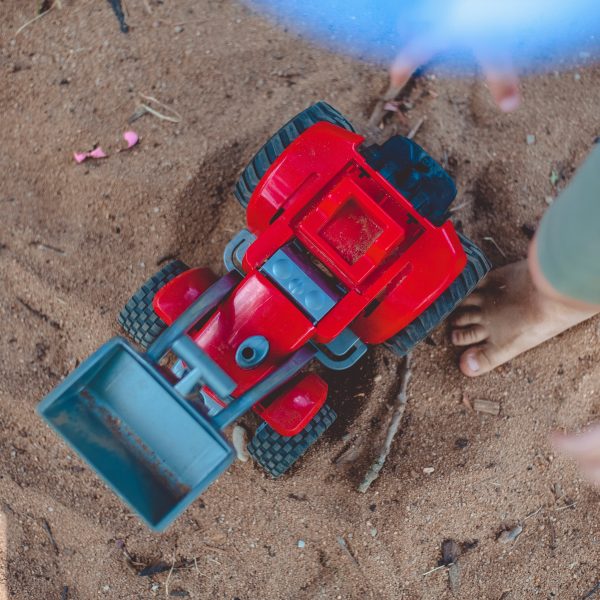Child Rights Taskforce – Australia is failing disadvantaged children

The Australian Child Rights Taskforce released The Children’s Report yesterday, showing that Australia is not making sufficient progress when it comes to policies and programs to support children, with disadvantaged children falling far behind, saying systems designed to protect children are in crisis, and that as a country, Australia has regressed in areas of critical importance.
The report was also released to the United Nations Children’s Committee , the body which monitors the implementation of the Convention on the Rights of the Child (CRC) and its Operational Protocols by States who are parties to the Convention. The committee is made up of 18 independent experts from a range of countries.
Tony Stuart, CEO of UNICEF Australia, said the report clearly demonstrated the extent to which Australia is letting down many children, particularly those most vulnerable and disadvantaged.
“With over five million children in Australia, we should be ensuring that the decisions we make, which impact on the lives of children and young people now and in the future, are made with them in mind and include processes for them to have their say as citizens and significant stakeholders,” Mr Stuart said.
Senior Policy Advisor, co-researcher and co-author of The Children’s Report, Freyana Irani, said, “While many children in Australia enjoy a good quality of life, for the ones that don’t, the extent of the disparity is shocking. Almost 30 years after committing to minimum standards for our children by signing the UN Children’s Convention, improvements have been only incremental and isolated.”
Mr Stuart said Aboriginal and Torres Strait Islander children, children with disability, LGBTQI children, asylum seeker and refugee children, children living in regional and remote areas and children in out-of-home care are experiencing the lowest quality of life, comparative with peers, according to the report.
Ms Irani said that one in five children begins school in a developmentally vulnerable space, one in six children are living in poverty, one in seven children have experienced a mental disorder, and youth suicide is the leading and increasing cause of death amongst children and young people.
Describing Australia’s systems as fractured and failing our children, Ms Irani outlined the continued downward trend in all school sectors in the past eighteen years, citing Report Card 15 which ranked Australia in the bottom third of OECD countries in terms of educational equality.
The report also discussed systemic failures in the child protection systems of Australia, noting that the number of children entering and remaining in out-of-home-care has more than doubled, and that fourteen inquiries have condemned Australia’s inadequate youth justice facilities in the last three years alone.
“We now have enormous amounts of research, evidence and recommendations, but real action is the response that is missing,” Ms Irani said.
“We have no clear national agenda for children and young people in Australia, even though The Children’s Report tells us that children in Australia are feeling ‘invisible’, ‘irrelevant’, and ‘worthless’.”
Mr Stuart and Ms Irani called for action and commitments, including a national plan for children, a national children and families strategy, a Minister for Children and a funded youth peak body.
Popular

Workforce
Policy
Quality
Practice
Provider
Research
ECEC must change now, our children can’t wait for another inquiry
2025-07-02 07:47:14
by Fiona Alston

Practice
Provider
Quality
Workforce
Leading with Curiosity: How distributed leadership is redefining the future of early childhood education
2025-07-03 07:42:07
by Contributed Content

Events News
Workforce
Marketplace
Practice
Quality
Provider
Research
An exclusive “Fireside Chat” with ECEC Champion Myra Geddes
2025-07-01 11:25:05
by Fiona Alston













